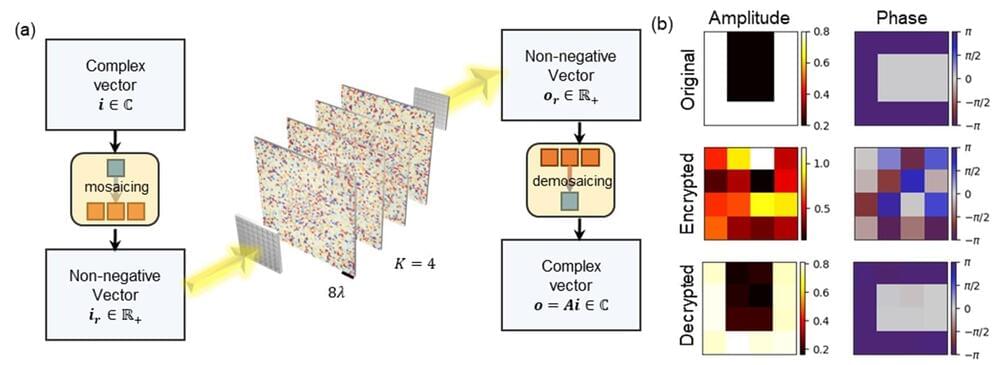NASA’s Moon to Mars Architecture has been instrumental in developing, designing, and executing the long-term goals of establishing not only a permanent human presence on the Moon but sending humans to Mars, someday. Today, NASA announced the results from the recent 2023 Moon to Mars Architecture Concept Review, which outlines key objectives, strategies, and key decisions in establishing a human presence on Mars in the future.
The Concept Review discussed in detail the architecture objectives and segments for not only returning humans to the Moon but establishing a long-term presence there through testing new technologies, systems, and equipment that would be used on an eventual human mission to Mars. the Moon to Mars Objectives cover a myriad of goals, including lunar and planetary science, heliophysics, human and biological science, physics and physical sciences, science enabling, applied science, lunar infrastructure, Mars infrastructure, transportation and habitation, and operations.
“Over the last year we’ve been able to refine our process for Moon to Mars architecture concept development to unify the agency,” Nujoud Merancy, who is the Deputy Associate Administrator for Strategy & Architecture for NASA’s Exploration Systems Development Mission Directorate (ESDMD), said in a statement. “Our process in the coming months will focus on addressing gaps in the architecture and further reviewing the decisions the agency needs to make to successfully mount crewed Mars missions.”









